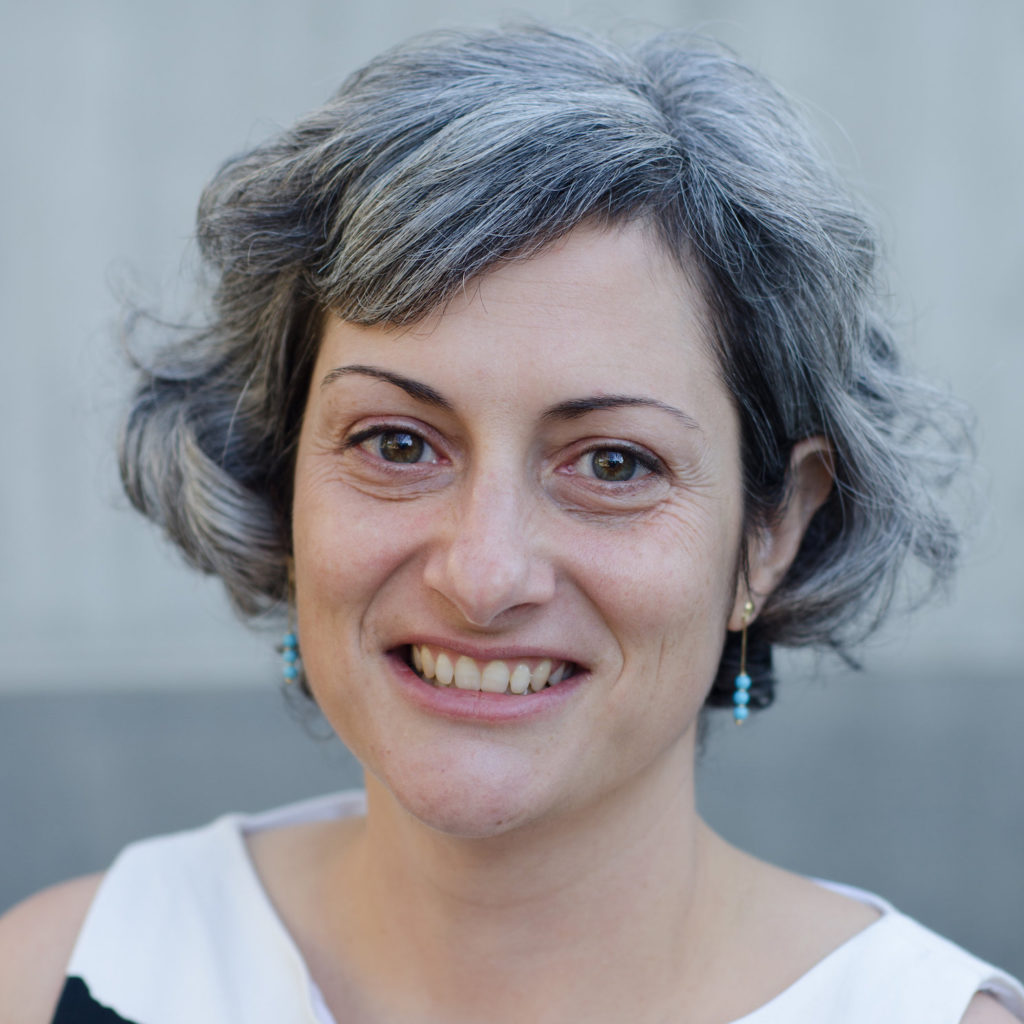Phoenicians Among Others: How Migration and Mobility Transformed the Mediterranean
Zeno of Kition arrived in Athens sometime in the fourth century BCE in spectacular fashion. The ship he was on, a merchant vessel carrying a quintessential Phoenician product, purple dye, was wrecked off the Attic coast. Zeno, a Phoenician speaker himself, washed ashore, made his way to a bookstore, became enamored with philosophy, and eventually founded the Stoic school of philosophy. His teacher mockingly called him “little Phoenician;” rival philosophers accused him of plagiarizing and Phoenicianizing their ideas; Athenians thought him stingy because he was a foreigner; and epigrams in his honor minimized his Phoenician origin. These experiences of a Phoenician-speaking immigrant in what at the time was one of the most powerful and cosmopolitan centers of the ancient Mediterranean were typical: stereotyping, hostility, and insults because of one’s foreignness abounded.
Yet despite the discourse against Phoenician immigrants evident in the summary above, taken from Diogenes Laertius’ biography of Zeno, large numbers of Phoenician immigrants resided in Greek city-states, especially from the fourth century BCE onward. For this reason, their interactions with the Greek world, both on an individual and civic level, offer a useful prism through which to study the effects of migration in this formative period. The underlying questions of my research project are: How did the immigrant experience alter identities and relations with one’s home and host states? How did the presence of immigrants change host communities? And how did home states deal with their citizens living abroad? Using epigraphic texts in Greek and Phoenician, literary sources, and material culture, I focus on individual immigrants, immigrant communities, private institutions, and state policies. My project shows that migration in general and the presence of Phoenician diasporic communities in particular helped create fluid notions of citizenship and develop institutional tools that mediated relations among states. Collectively, and mostly anonymously, Phoenician migrants changed the Greek and indeed the Mediterranean worlds.
My study offers a new perspective on migration in the ancient Mediterranean and challenges fundamental starting points of many existing histories of the ancient world. The project departs from a long tradition of writing Greek-centered histories of this period and instead seeks to integrate the interconnected histories of Greeks, Phoenicians, Persians, and others. By concentrating on the effects of migration and multiculturalism, I am able to examine these internally diverse groups not alone but in relation to others with whom they interacted, lived, and died, bridge the gap between Classics and Near Eastern Studies, and present a more comprehensive history of the ancient Mediterranean.
During my time at the CHS, I plan to draft two chapters of the book. One chapter examines the presence of Phoenician-speakers from the Eastern Mediterranean in Egypt, the central Mediterranean and Carthage in the fourth century BCE. It focuses on individual immigrants, immigrant communities, and state and non-state actors in mediating their presence, experiences, and modes of self-identification. In the second chapter, I discuss how states simultaneously regulated the presence of immigrants and promoted it by enabling a prolonged and even permanent stay of foreign-born residents through granting awards. These monetary, legal, and honorary awards – gold wreaths, tax exemptions, the right to own land, inviolability during travel, honorific offices, the status of a resident alien, and the rare grant of citizenship – provided ease of travel, facilitated a permanent presence of immigrants in the host state, expanded the notion of residency and citizenship, and helped establish or solidify official diplomatic relations between states.
Denise Demetriou

Denise Demetriou is the Gerry and Jeannie Ranglas Chair in Ancient Greek History and Associate Professor of History at the University of California — San Diego, where she has also served as the Director of UCSD’s Center for Hellenic Studies. She received her Ph.D. in Classics from The Johns Hopkins University in 2005. Her research interests focus on archaic and classical Greek history, with a particular interest in exploring different kinds of cross-cultural interactions within the Greek world and between Greeks and non-Greeks. Her first book, Negotiating Identity in the Ancient Mediterranean: The Archaic and Classical Greek Multiethnic Emporia (Cambridge 2012), studied the construction of ethnic, civic, religious, and social identities in the ancient Mediterranean from the seventh to the fourth centuries BCE. She has co-edited (with Amalia Avramidou) Approaching the Ancient Artifact: Representation, Narrative, and Function (De Gruyter 2014).
